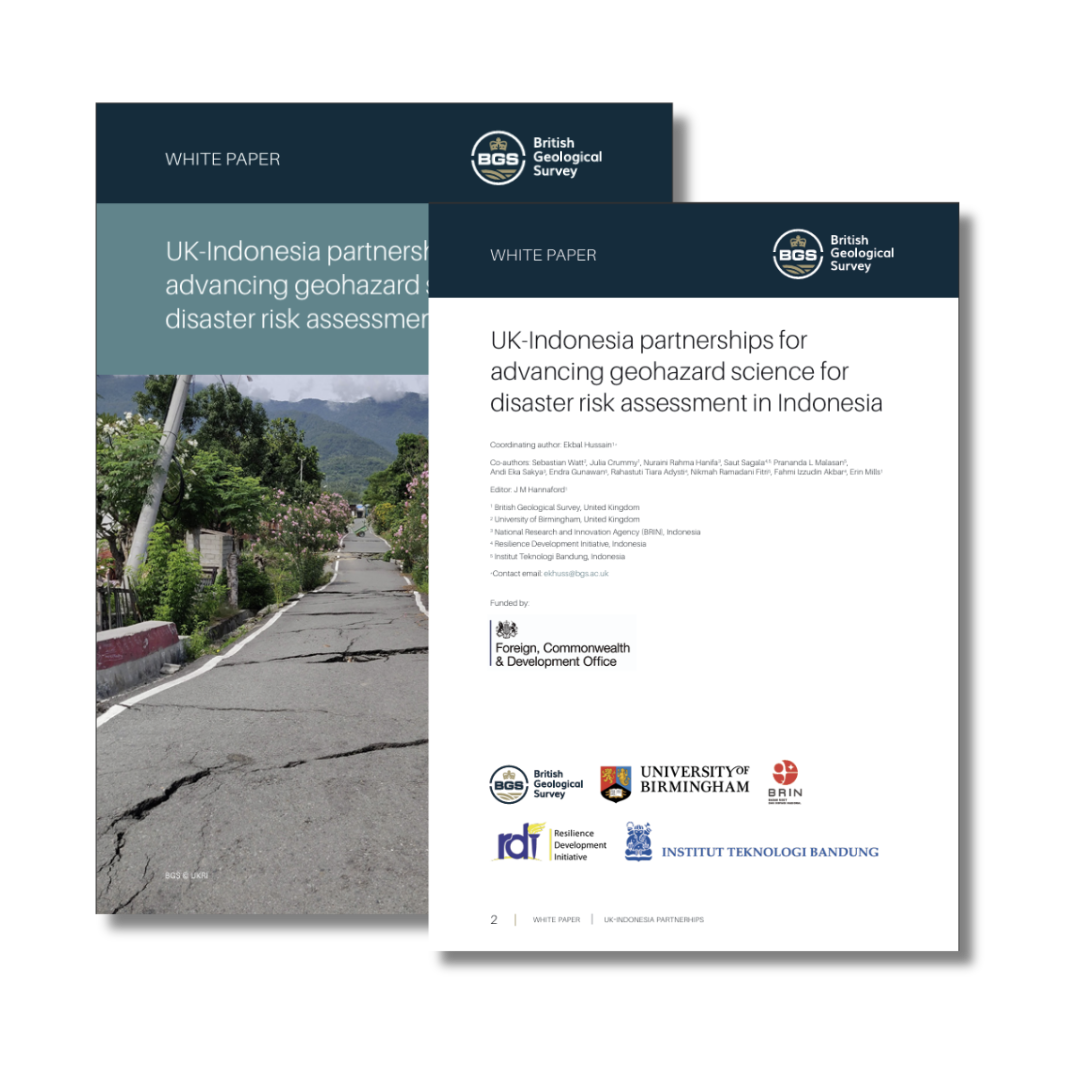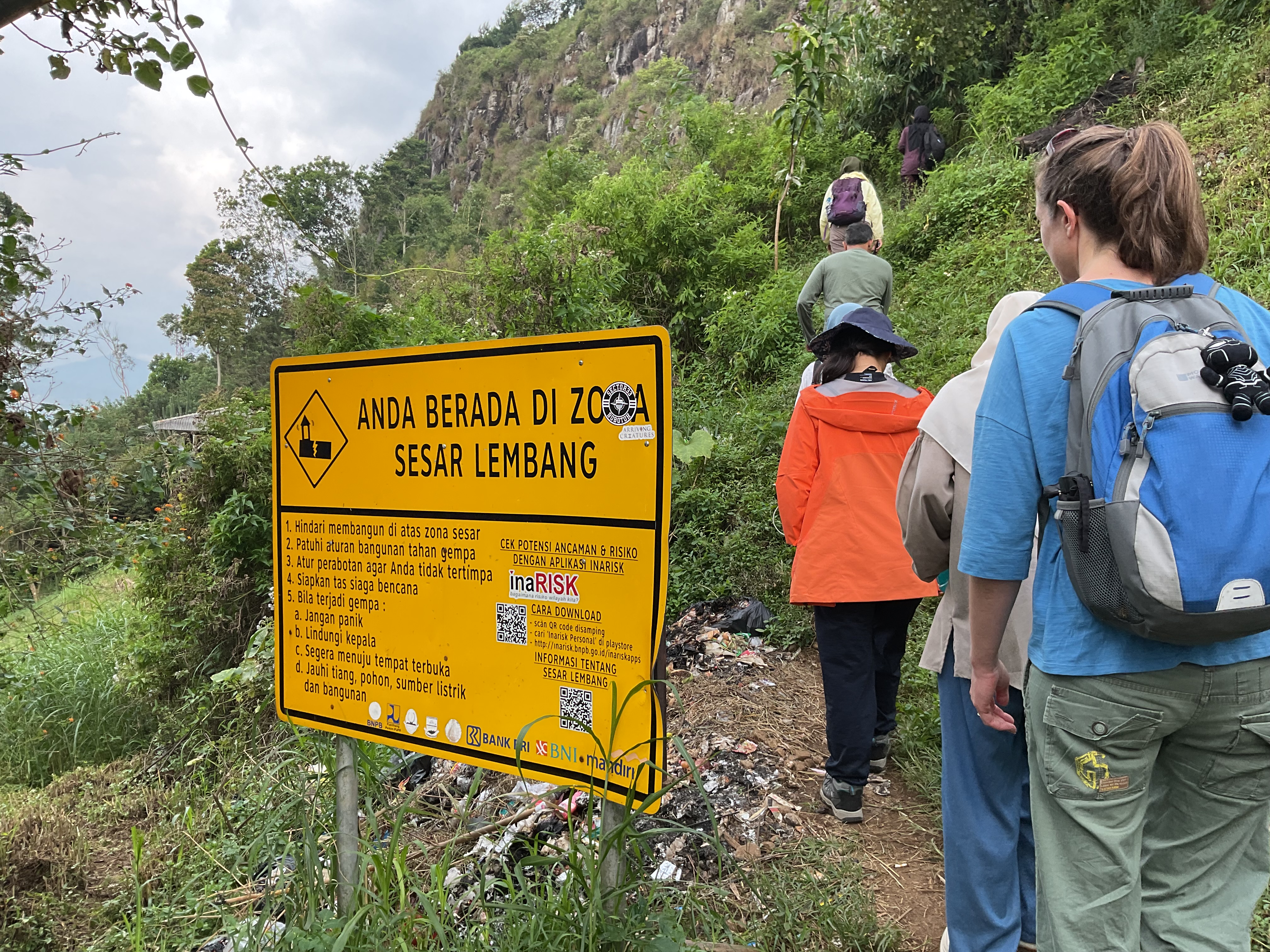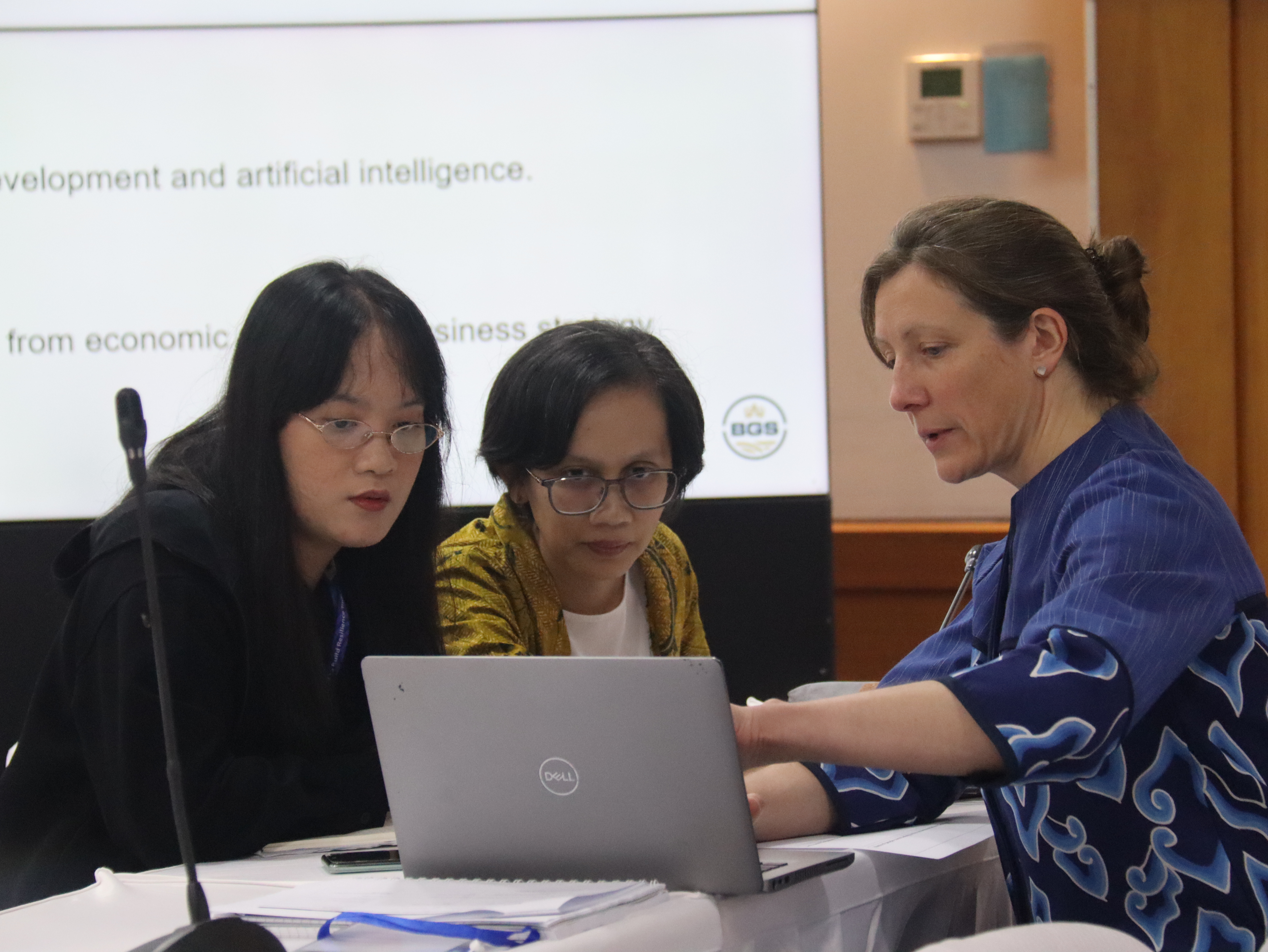Building a Safer Future: UK–Indonesia Partnership Launches White Paper on Geohazard Science for Disaster Risk Assessment in Indonesia

White Paper - UK–Indonesia Partnerships for Advancing Geohazard Science for Disaster Risk Assessment in Indonesia
Jakarta, October 2025 – A landmark white paper titled “UK–Indonesia Partnerships for Advancing Geohazard Science for Disaster Risk Assessment in Indonesia” has been officially launched, marking an important collaboration between the Resilience Development Initiative (RDI), the National Research and Innovation Agency of Indonesia (Badan Riset dan Inovasi Nasional/BRIN), Institut Teknologi Bandung (ITB), the British Geological Survey (BGS), and the University of Birmingham. The document is the result of the UK–Indonesia Solutions Symposium on Geohazard Science for Disaster Risk Assessment in Indonesia, held in Jakarta in June 2025, which brought together scientists, policymakers, and practitioners from both countries.
The white paper highlights the urgent need to strengthen geohazard science in Indonesia, one of the world’s most disaster-prone nations, with over 2,000 disaster events recorded every year. It identifies key challenges such as data gaps, limited community engagement, and fragmented institutional coordination, while also presenting a strategic roadmap toward Indonesia Resilient 2035. The roadmap focuses on four priorities: building integrated multi-hazard assessment and early warning systems, advancing dynamic risk and adaptation approaches, improving emergency preparedness and community resilience, and ensuring sustainable disaster response and recovery.

UK-Indonesia researchers visiting Gunung Batu, Lembang as one of the points on the Lembang fault line.
Some of the main recommendations include establishing a formal UK–Indonesia geohazard disaster resilience partnership, investing in long-term interdisciplinary research, developing a consistent national geohazard data and information policy, strengthening human capacity and knowledge exchange, and embedding disaster risk reduction (DRR) into national development planning. By combining the UK’s scientific expertise with Indonesia’s local knowledge and lived experience, the partnership seeks to deliver practical, evidence-based solutions that can inspire similar collaborations worldwide.

UK-Indo Researchers Discussion at Symposium
As one of the key partners, the Resilience Development Initiative (RDI) is ready to expand collaboration with both national and international partners to advance disaster risk reduction efforts that are inclusive, science-based, and focused on building community resilience. Along with this commitment, RDI has developed a Multihazard Preparedness (MHP) Knowledge Hub which actively engages in multihazard analysis, research, and advocation.
👉 Read the full white paper here: UK–Indonesia Partnerships for Advancing Geohazard Science for Disaster Risk Assessment in Indonesia

